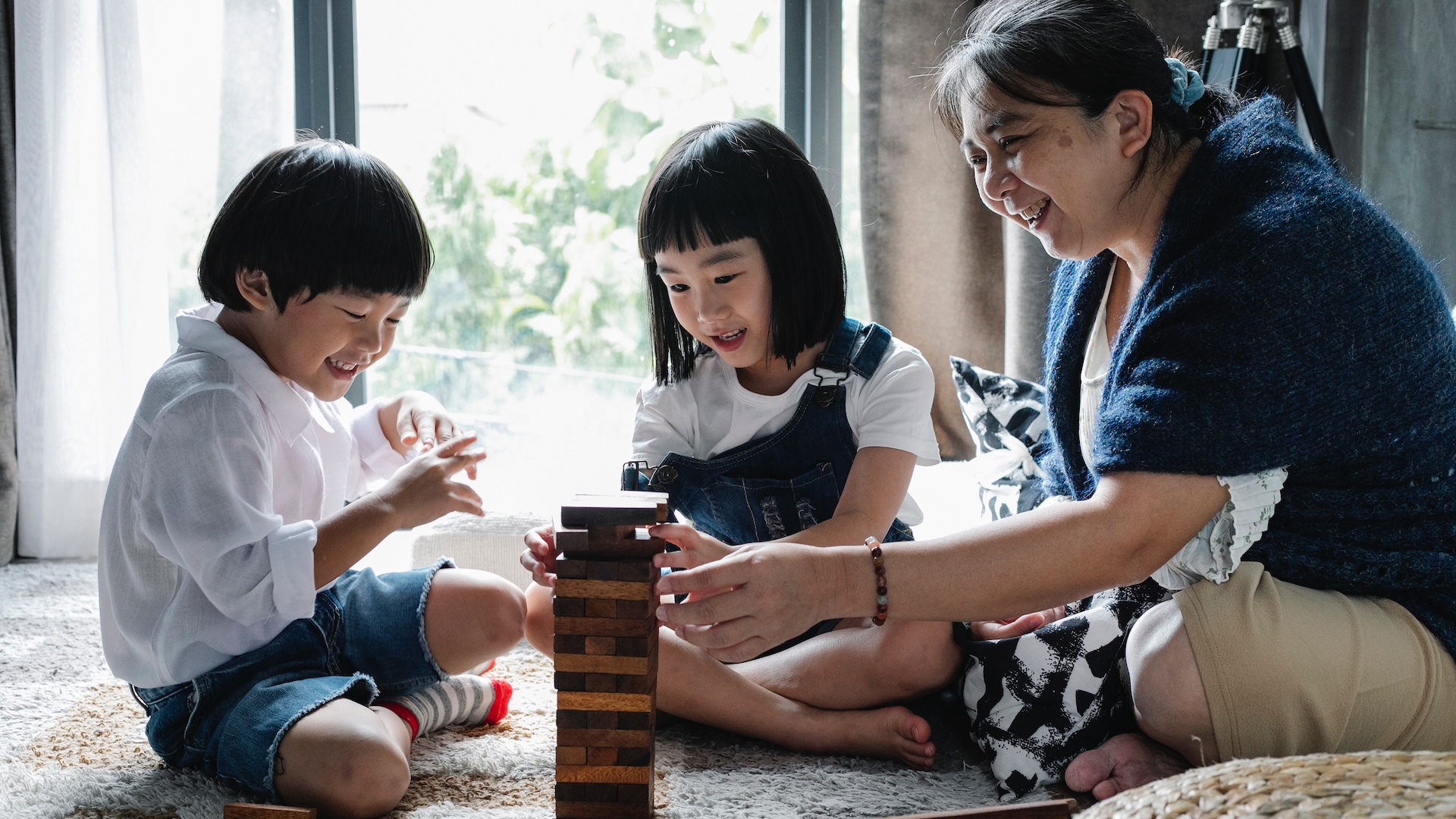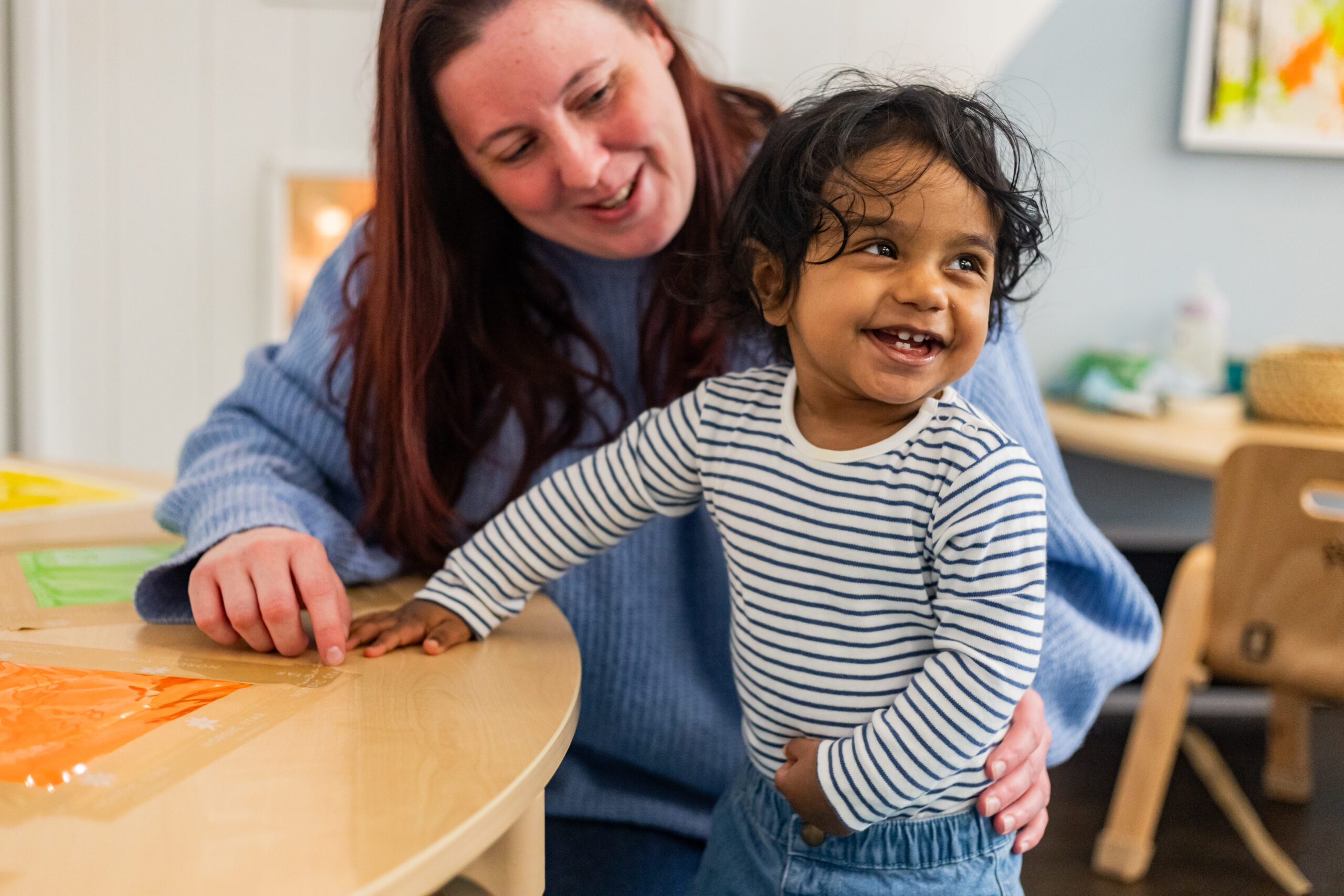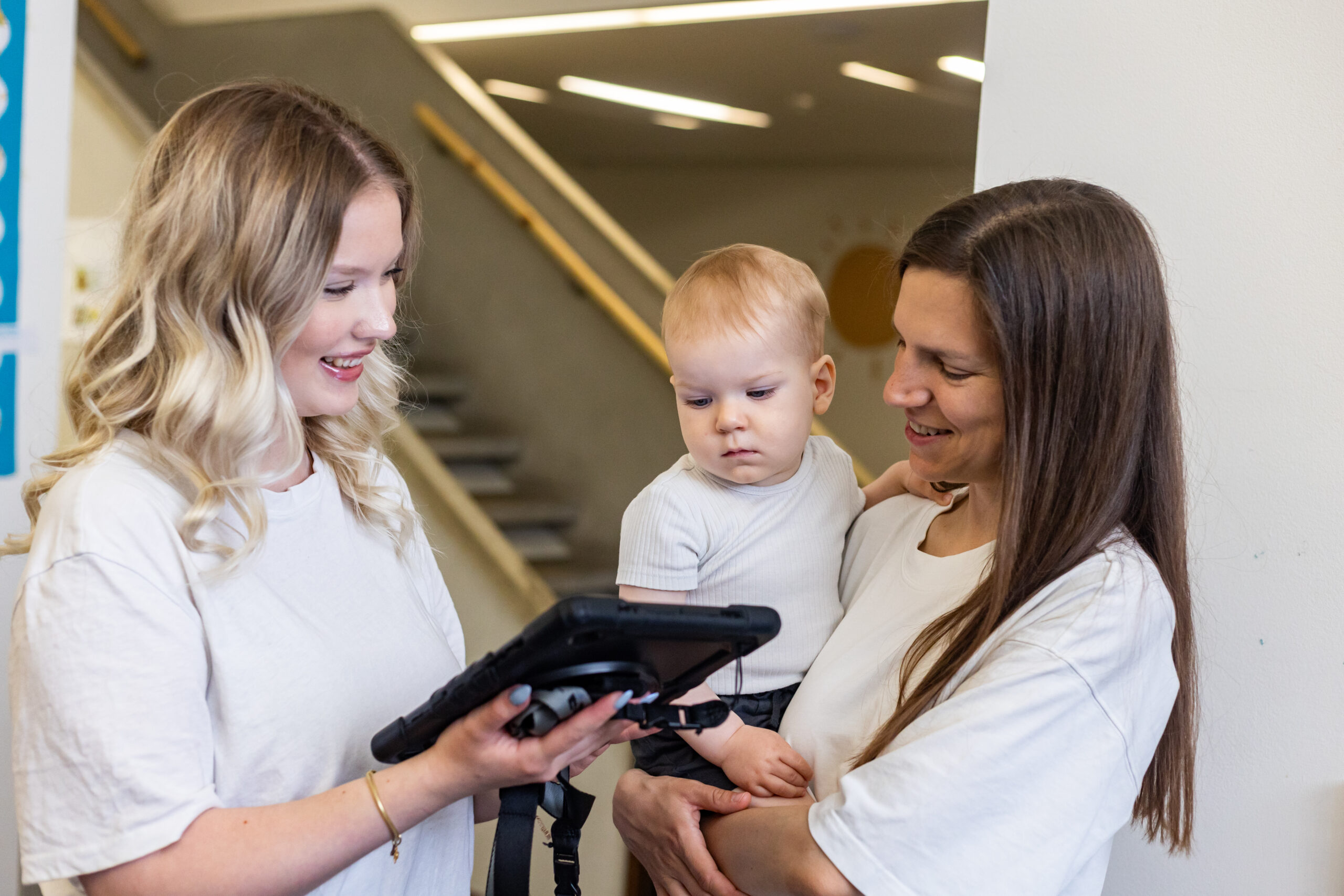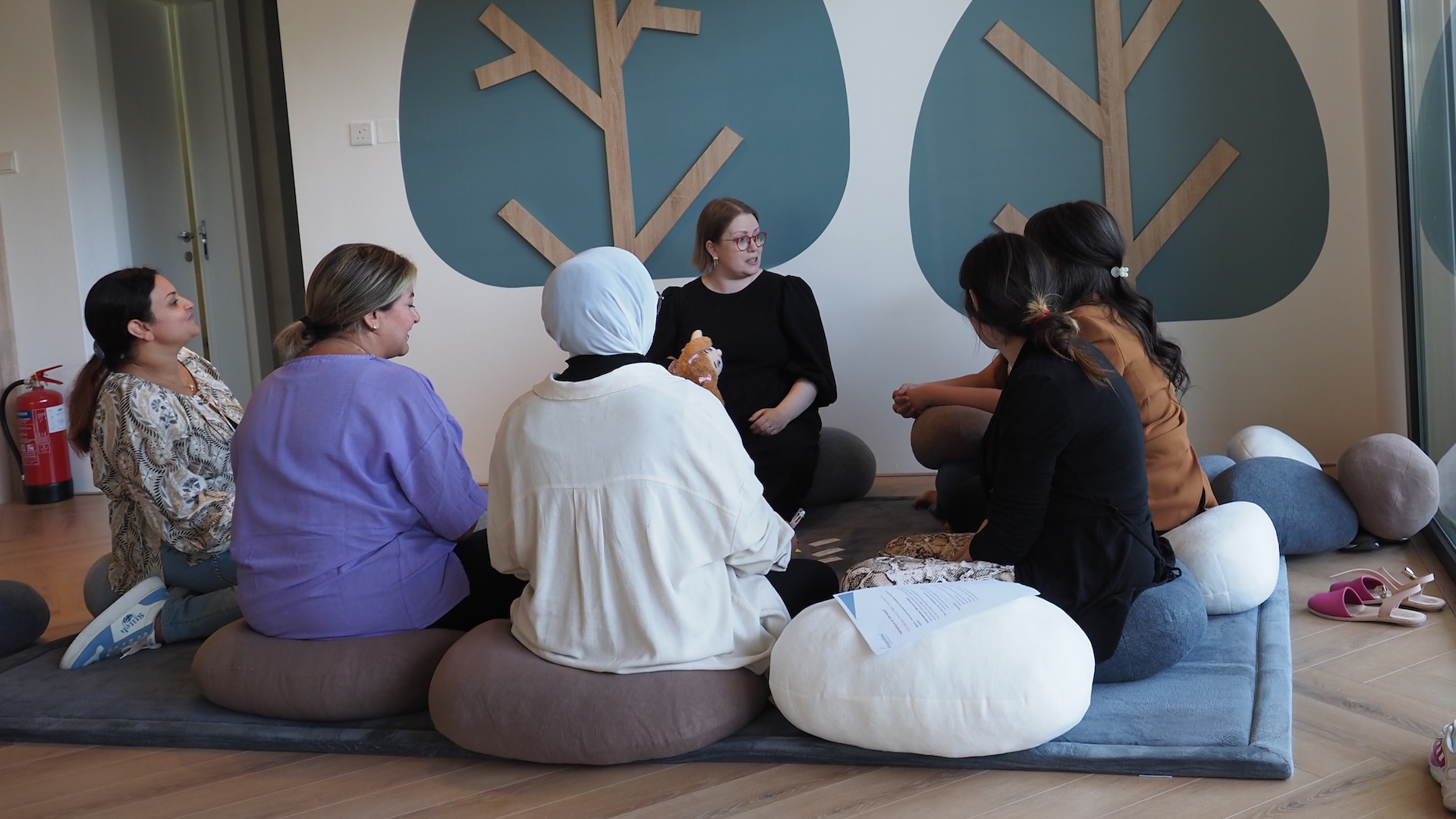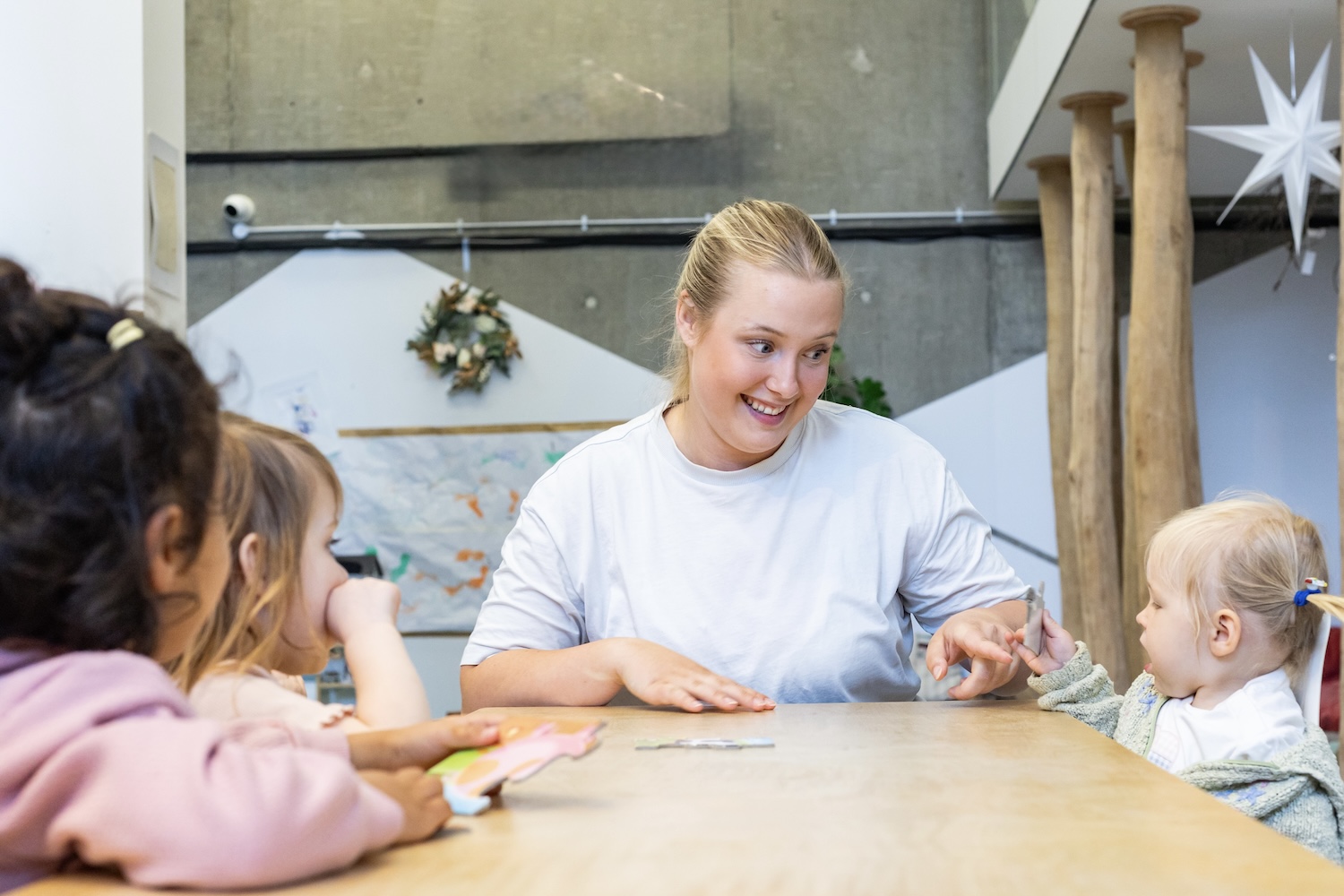Early childhood is an exciting time, full of discovery, curiosity, and endless potential. The experiences children have during these years shape not only their academic abilities but also their social skills, creativity, and emotional well-being. One of the most effective ways to nurture this growth is through developmental preschool activities — purposeful play experiences that help children learn, grow, and thrive.
At FinlandWay® Schools, we believe in making every learning moment count. Our approach to preschool activities is rooted in research, guided by expert educators, and designed to give children the best possible start in life.
What are developmental preschool activities?
Definition and purpose
Developmental preschool activities are structured yet playful learning experiences designed to support a child’s growth across key areas — cognitive, social, emotional, and physical. They’re not about rote memorisation; they’re about creating rich, engaging experiences that allow children to explore, imagine, and problem-solve. The educator supports, guides and scaffolds children based on their level and needs.
Why they matter in early childhood education
Between birth and age six, children’s brains form more than a million new neural connections every second. This period sets the stage for lifelong learning, and the right preschool activities can make all the difference. If you want to learn more about children’s brain development, have a look at this research. [https://nap.nationalacademies.org/catalog/9824/from-neurons-to-neighborhoods-the-science-of-early-childhood-development]
According to the Harvard Center on the Developing Child, high-quality early experiences build strong brain architecture and help children develop resilience, curiosity, and social confidence.
[https://developingchild.harvard.edu/resources/report/building-core-capabilities-for-life/]
Key benefits of preschool activities for child development
Group-based activities like cooperative games, role-play, and storytelling teach children how to share, take turns, and communicate effectively.
Boosting cognitive growth
Puzzle-solving, matching games, and early numeracy challenges develop problem-solving skills, logical thinking, and basic maths concepts.
Building emotional intelligence
Activities like “feelings charades” or journaling help children identify and express their emotions in healthy ways.
Encouraging physical development
Outdoor play, obstacle courses, and fine-motor activities like threading beads strengthen coordination and motor skills.
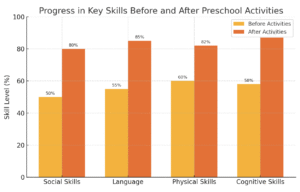
Types of developmental preschool activities
Physical development
- Gross motor skills: climbing, running, jumping, dancing, obstacle courses, outdoor play.
- Fine motor skills: drawing, cutting with scissors, threading beads, puzzles, playdough.
- Coordination & balance: hopscotch, yoga for kids, ball games.
- Problem-solving & reasoning: building blocks, matching games, memory games.
- Math readiness: counting objects, shape sorting, measuring with cups, pattern recognition.
- Science exploration: nature walks, planting seeds, water and sand play, simple experiments (e.g., sinking/floating).
Language & literacy development
- Listening & speaking: story time, show-and-tell, circle discussions, role-play.
- Vocabulary building: songs, rhymes, picture cards, naming games.
- Early literacy: tracing letters, recognising names, interactive reading, storytelling with puppets.
Social & emotional development
- Cooperation & teamwork: group art projects, partner games, building together.
- Self-regulation & empathy: turn-taking games, sharing activities, role-playing emotions.
- Confidence building: performing in front of peers, choice-based activities, responsibility tasks (e.g., classroom helper).
- Arts & crafts: painting, collage, clay modelling, free drawing.
- Music & movement: singing, rhythm instruments, dance, action songs.
- Imaginative play: pretend play corners (kitchen, shop, doctor’s office), dress-up, puppet shows.
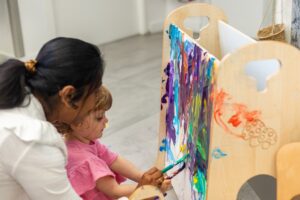
Daily living & practical skills
- Self-care routines: washing hands, dressing up, tidying toys, setting the table.
- Independence: choosing activities, organising personal belongings, simple cooking.
How to choose the right preschool activities
Aligning activities with developmental stages
Young children grow and learn at different speeds, and a two-year-old’s needs differ greatly from those of a five-year-old. For example, toddlers benefit from simple sensory activities like water play or stacking blocks, while older preschoolers are ready for more complex challenges such as storytelling, early maths games, or cooperative projects. When activities are carefully matched to a child’s age and developmental stage, they build confidence and encourage a love of learning.
Balancing structure and free play
Both structured activities and free play have an important role in early education. Structured activities — such as guided art projects, circle time, or teacher-led games — provide children with focus, direction, and the chance to develop specific skills. Free play, on the other hand, allows children to use their imagination, solve problems independently, and practise social skills with peers. A healthy balance between the two ensures children can both learn within safe boundaries and explore their own creativity.
Considering cultural and individual needs
Every child comes to preschool with unique experiences, backgrounds, and ways of learning. Activities should reflect and celebrate cultural diversity — for instance, by including songs, stories, and traditions from different parts of the world. Teachers should also adapt tasks to meet individual needs, whether that means providing additional support for children with developmental challenges or offering extra challenges to those ready for advanced learning. This inclusive approach helps all children feel valued, respected, and motivated to participate.
Preschool activities at FinlandWay® schools
Our play-based learning approach
We design preschool activities that blend fun with purposeful skill-building, ensuring children learn naturally through play.
Customised programmes for every child
Our teachers adapt activities to match each child’s strengths, interests, and pace.
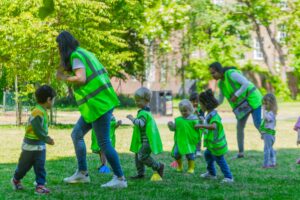
Tips for parents and educators to maximise preschool activities
Creating a stimulating learning environment at home
- Set up a dedicated play-learning area.
- Include materials like puzzles, art supplies, and building blocks. Limit the number of items available and rotate them to keep the child’s interest.
Encouraging independence and exploration
Allow children to take the lead in activities while providing gentle guidance. Ask the child what are their interest and let them make choices on an age appropriate level.
Tracking development progress
Use a simple observation chart to note milestones in language, social skills, and motor coordination.
Common mistakes to avoid
- Overloading schedules with too many structured tasks.
- Neglecting the importance of unstructured playtime.
- Expecting all children to progress at the same pace.
External resources for preschool activities
- National Association for the Education of Young Children (NAEYC)
- BBC Tiny Happy People
- [https://finlandwayschools.com/10-engaging-preschool-activities-that-boost-maths-confidence/]
- [https://finlandwayschools.com/playful-preschool-activities-to-boost-language-skills/]
FAQ – preschool activities
Q1: What are the best preschool activities for developing social skills?
Group games, role-playing, and cooperative art projects are excellent for building teamwork and communication.
Q2: How can I create engaging preschool activities at home?
Use everyday materials for crafts, read together daily, and include interactive games that encourage problem-solving.
Q3: Do preschool activities prepare children for primary school?
Absolutely. Well-designed preschool activities develop early literacy, numeracy, and social confidence — all essential for a smooth school transition.
Q4: How much time should children spend on preschool activities each day?
Between 1–3 hours of varied, developmentally appropriate activities is ideal, combined with plenty of free play.
Conclusion – setting the stage for lifelong learning
Preschool activities aren’t just fun; they’re the foundation for a lifetime of curiosity, confidence, and capability. When designed thoughtfully, they help children grow in every aspect — from academic readiness to emotional intelligence.
At FinlandWay® Schools, we’ve made it our mission to offer the best in early education for the youngest learners. Our play-based curriculum matched with a strong teacher training programme and learning tracking can transform your school!
